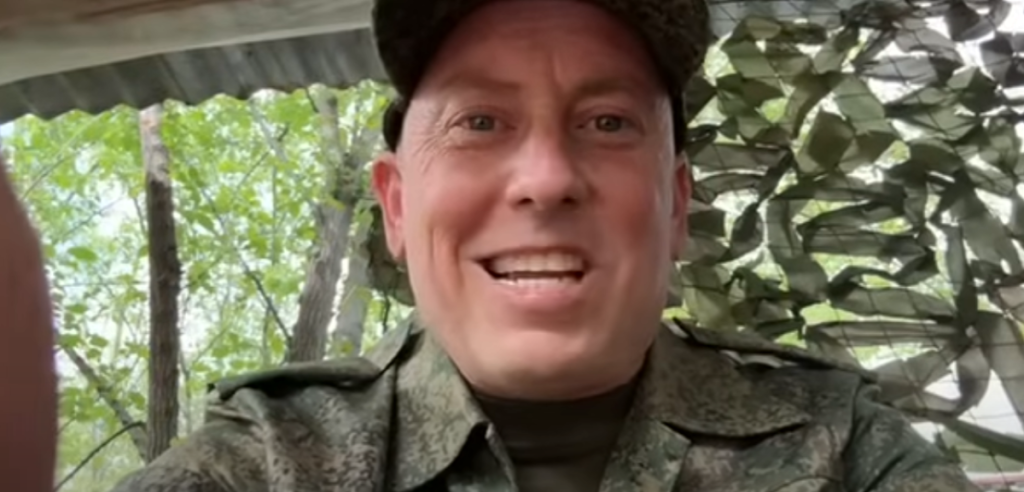He said he was fleeing a society he viewed as “in decline,”
Others are reading now
He said he was fleeing a society he viewed as “in decline,”
Derek Huffman’s move to Russia
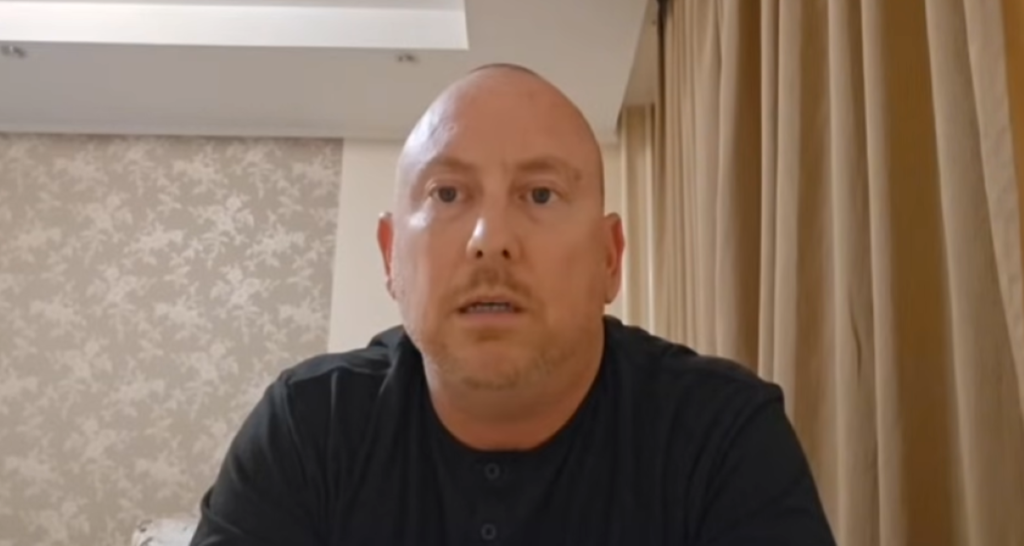
Derek Huffman, a welder from Arizona and father of six, left the United States with his family in 2024.
He said he was fleeing a society he viewed as “in decline,” blaming LGBT rights, immigration, and crime.
In Russia, he claimed to have found a country that aligned with his values.
Fighting for citizenship
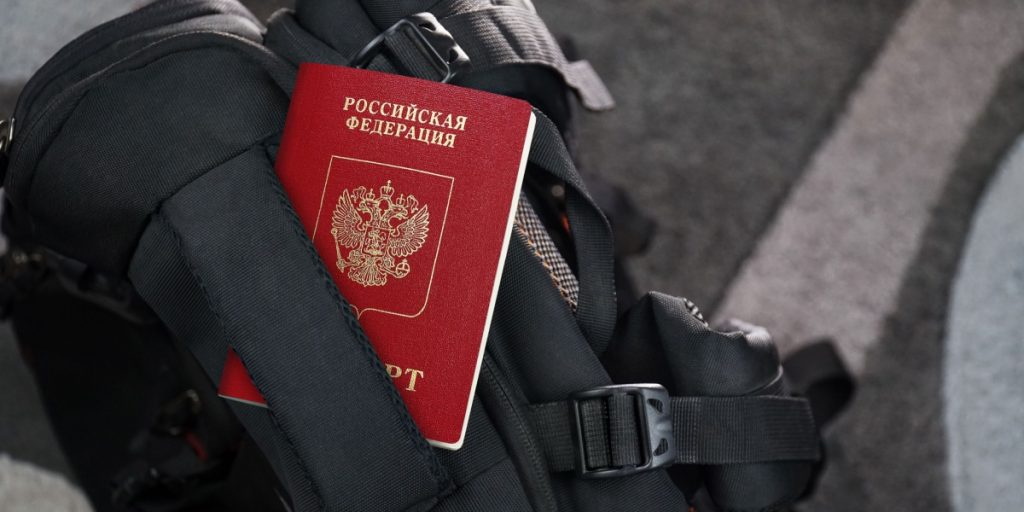
To secure residency, Huffman signed a one-year contract with the Russian army.
Also read
He admitted the “big reason” was to gain citizenship faster.
His wife posted videos where he said: “I am earning my place and respect in our new country.”
A controversial decision
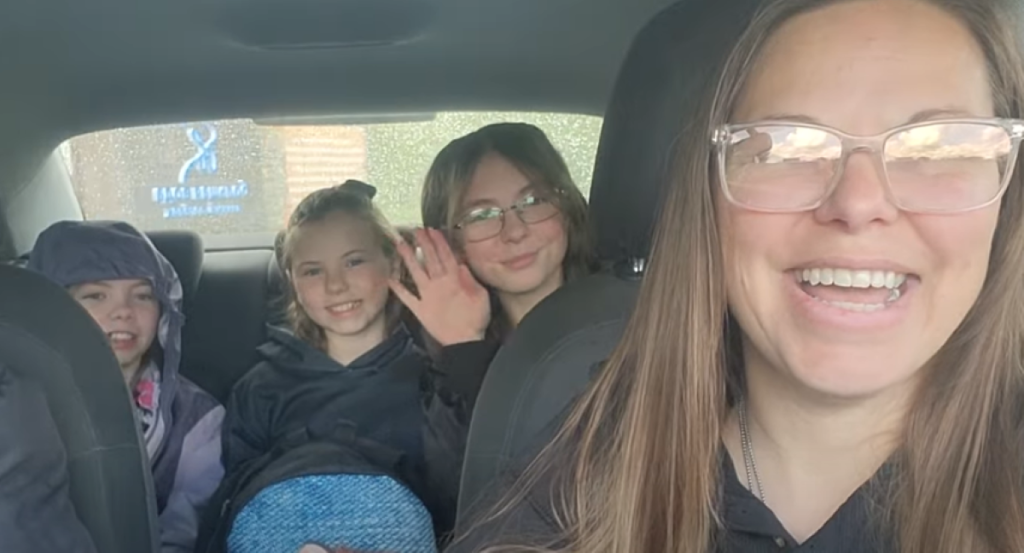
Huffman’s choice to fight in Ukraine drew widespread criticism. In one phone call, he defended himself: “I don’t like the idea of taking a life. But I’m doing what I feel is right.”
He framed his service as something “extraordinary,” not living like a “sheep… on a computer and a phone.”
Russia’s “common values” visa
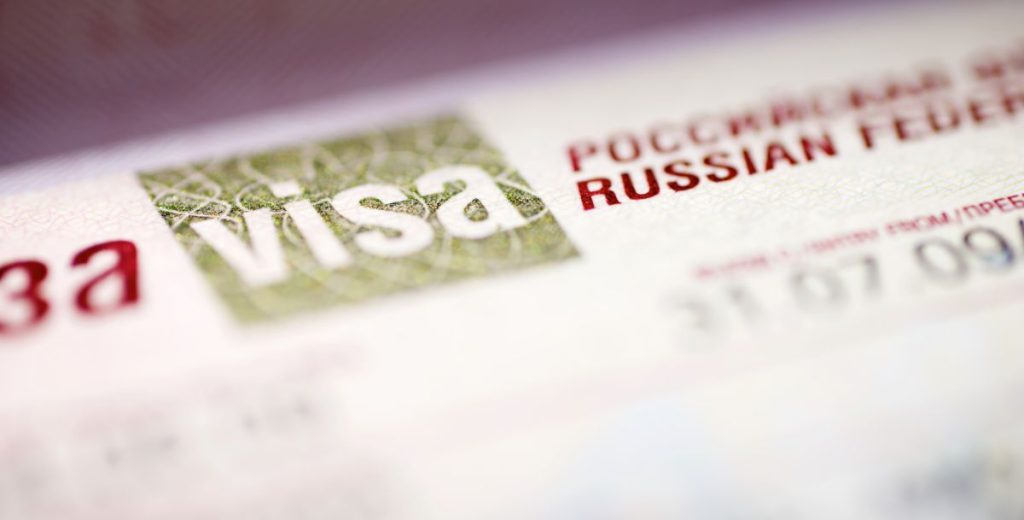
Moscow recently created a “common values” visa offering fast-track residency for Westerners seeking refuge from liberal societies.
Also read
Officials said up to 150 people apply monthly.
The initiative recalls Soviet-era propaganda, which painted Russia as the moral opposite of the West.
Maria Butina’s role
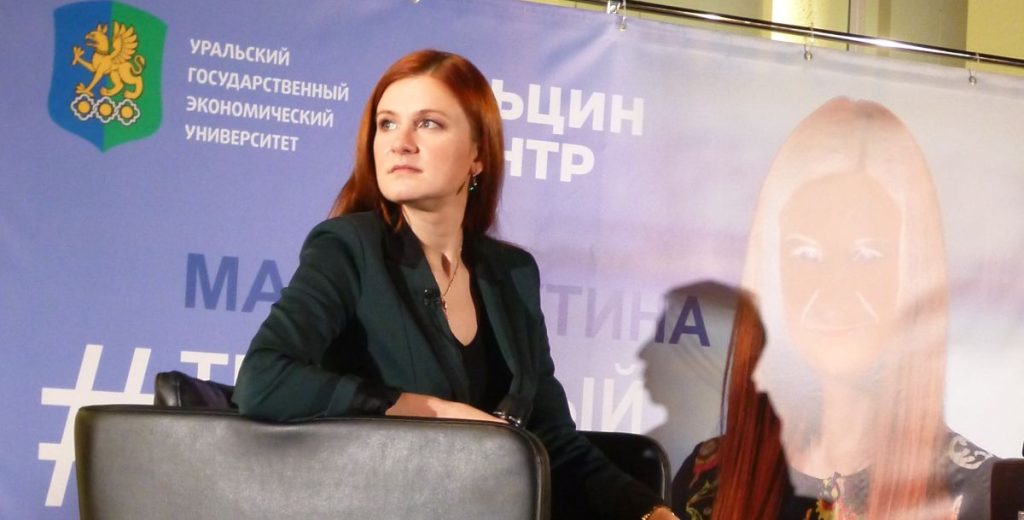
Maria Butina, a Russian MP and former agent deported from the US, helps “friendly foreigners” settle in Russia.
She called Huffman’s case exceptional, noting that most applicants come from Germany, France, and the US.
She stressed that not everyone needs to take such extreme steps.
Also read
German organizer of arrivals

German businessman Jakob Pinneker, who stayed in Russia after 2022, now runs an agency integrating Western arrivals.
He said his project has handled about 60 relocations so far, with more than 600 applications pending.
He insisted his work was about order and supporting the economy.
Canadian family builds a farm
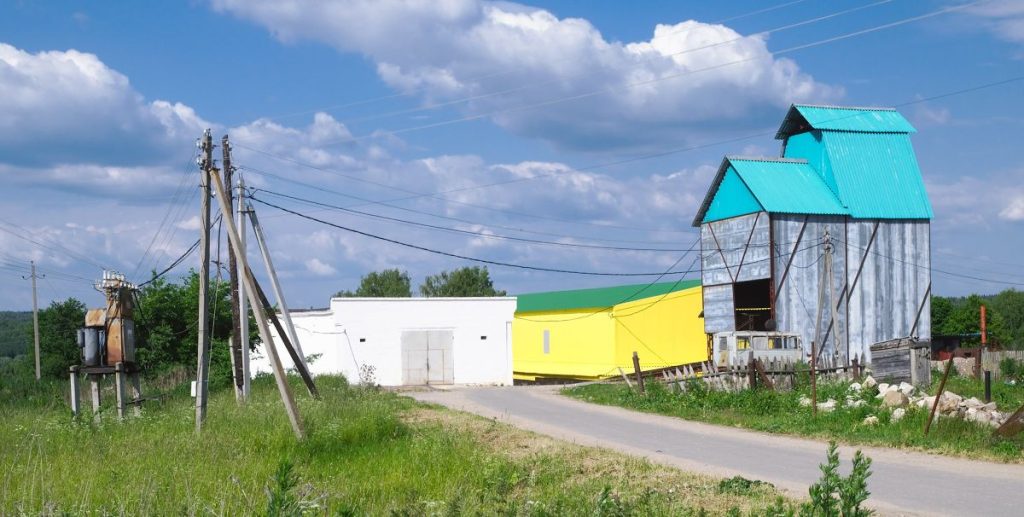
Among the newcomers is the Feenstra family from Canada, who moved with eight of their nine children to start a farm in Nizhny Novgorod.
Their YouTube channel has grown to nearly 200,000 subscribers, turning their lifestyle into a media story often used by Russian outlets.
Also read
State media’s hidden hand

Investigations suggest glossy YouTube channels promoting “Western escapees” in Russia are linked to state media like Russia Today.
These videos attract large audiences, raising suspicions of propaganda aimed at contrasting Russia’s “traditional values” with a “decadent” West.
Stories of “freedom” in Russia
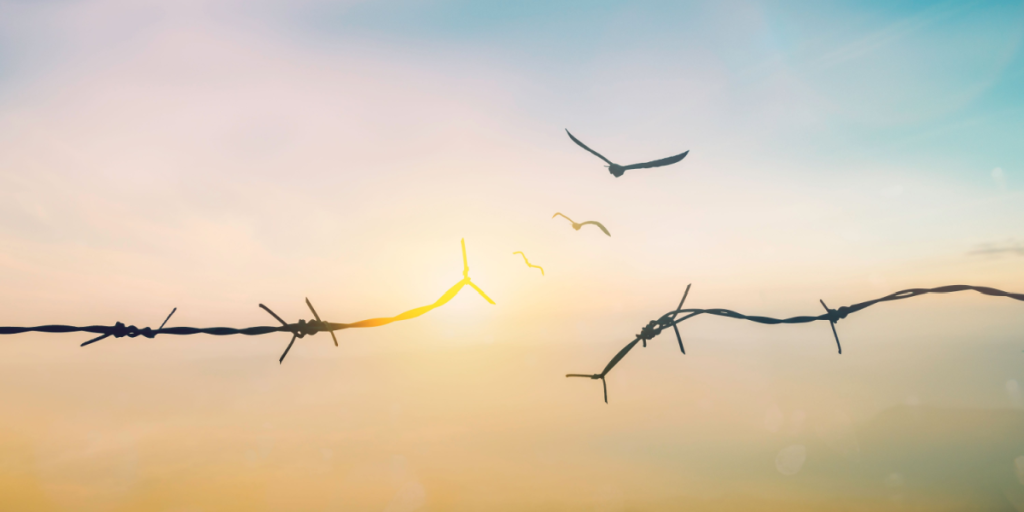
New arrivals often claim they feel freer to share their opinions in Russia than in the West.
American IT worker Stephen Shores said he felt safer and less restricted by “cancel culture.”
Still, he admitted freedom does not extend to criticizing the Kremlin, something he avoids.
Also read
A sharp contrast
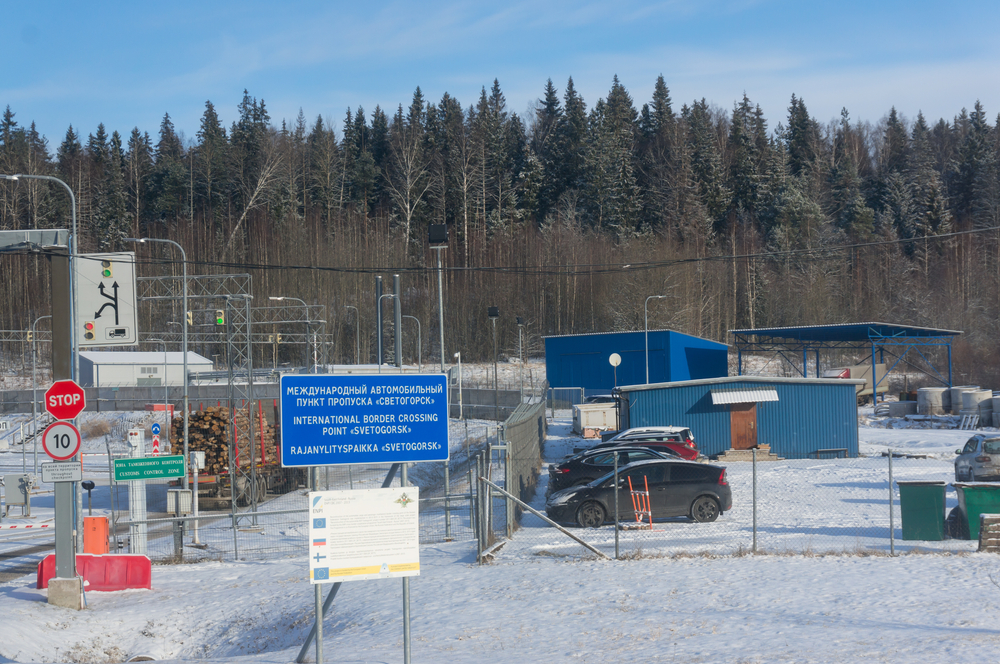
While a handful of Westerners arrive in Russia, far larger numbers of Russians have fled since 2022.
Many left the country to avoid conscription, repression, or international isolation.

